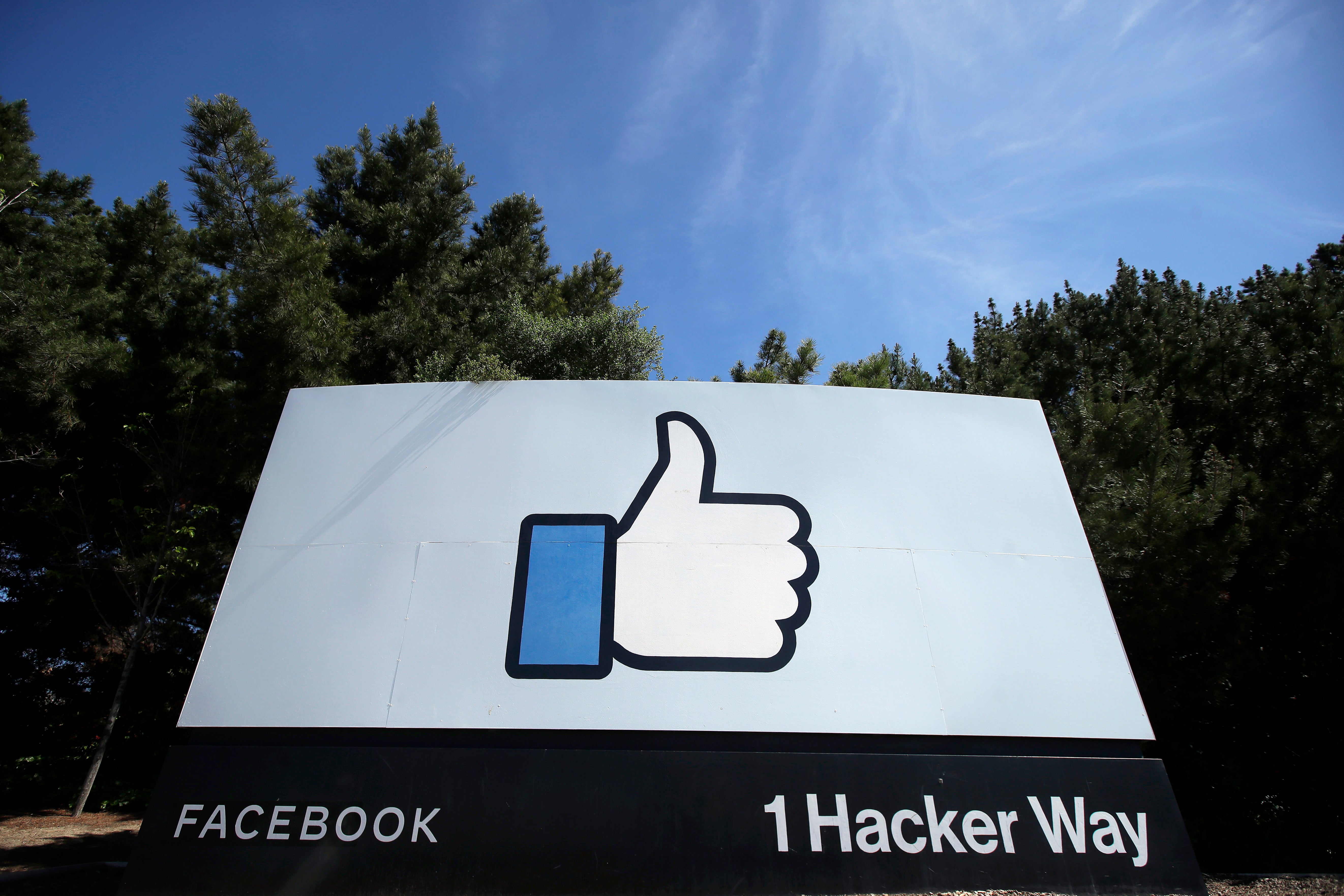Groups file court challenge of Maryland's internet ad tax
Leading national trade associations have filed a federal lawsuit challenging Maryland's first-in-the-nation tax on internet ads

Your support helps us to tell the story
From reproductive rights to climate change to Big Tech, The Independent is on the ground when the story is developing. Whether it's investigating the financials of Elon Musk's pro-Trump PAC or producing our latest documentary, 'The A Word', which shines a light on the American women fighting for reproductive rights, we know how important it is to parse out the facts from the messaging.
At such a critical moment in US history, we need reporters on the ground. Your donation allows us to keep sending journalists to speak to both sides of the story.
The Independent is trusted by Americans across the entire political spectrum. And unlike many other quality news outlets, we choose not to lock Americans out of our reporting and analysis with paywalls. We believe quality journalism should be available to everyone, paid for by those who can afford it.
Your support makes all the difference.Maryland s first-in-the-nation law taxing digital advertising by Big Tech companies like Facebook and Google is being challenged in federal court as “a punitive assault" on digital advertising and should be struck down, according to a federal lawsuit filed Thursday by leading trade associations.
The lawsuit, filed in U.S. District Court in Baltimore, contends the law "is illegal in myriad ways.” It alleges the law violates the federal Internet Tax Freedom Act, which prohibits discrimination against electronic commerce, as well as other federal laws.
It seeks an injunction to block the law from taking effect. The plaintiffs say the lawsuit should put on notice other states considering a similar tax that such measures will face court challenges.
“It shouldn't be a surprise that enacting this kind of law is really nothing but a one-way ticket to the courthouse which is an unfortunate use of anyone's resources,” said Michael Kimberly, the lead attorney for the plaintiffs.
Plaintiffs include the U.S. Chamber of Commerce, the Internet Association, NetChoice, and the Computer and Communications Industry Association.
The Maryland General Assembly, which is controlled by Democrats, last week overrode Republican Gov. Larry Hogan's veto of the measure from last year.
Supporters say the new law seeks to modernize the state’s tax system and make thriving Big Tech companies pay their fair share. It would assess the tax on revenue affected companies make on digital advertisements seen in Maryland. They say the estimated $250 million in annual revenue would help pay for education.
Maryland Senate President Bill Ferguson, a Baltimore Democrat who sponsored the legislation last year, said the lawsuit wasn't a surprise. But he said it was “disappointing to see these companies spend millions on high powered attorneys instead of paying their fair share.”
“For two decades, these companies have grown exponentially by availing themselves of the privileges of states, benefited from the aggressive uncompensated collection of personal and private information about Maryland’s residents, and been free riders to Maryland’s investments in our civic infrastructure,” Ferguson said.
The Maryland attorney general's office declined to comment on pending litigation.
The law would tax revenue affected companies make on digital advertisements shown in Maryland. Tax rates would depend on global annual gross revenues for companies that make more than $100 million globally.
The tax rate would be 2.5% for businesses with gross annual revenue of $100 million; 5% for companies with revenue of $1 billion or more; 7.5% for companies with revenue of $5 billion or more and 10% for companies with revenue of $15 billion or more.